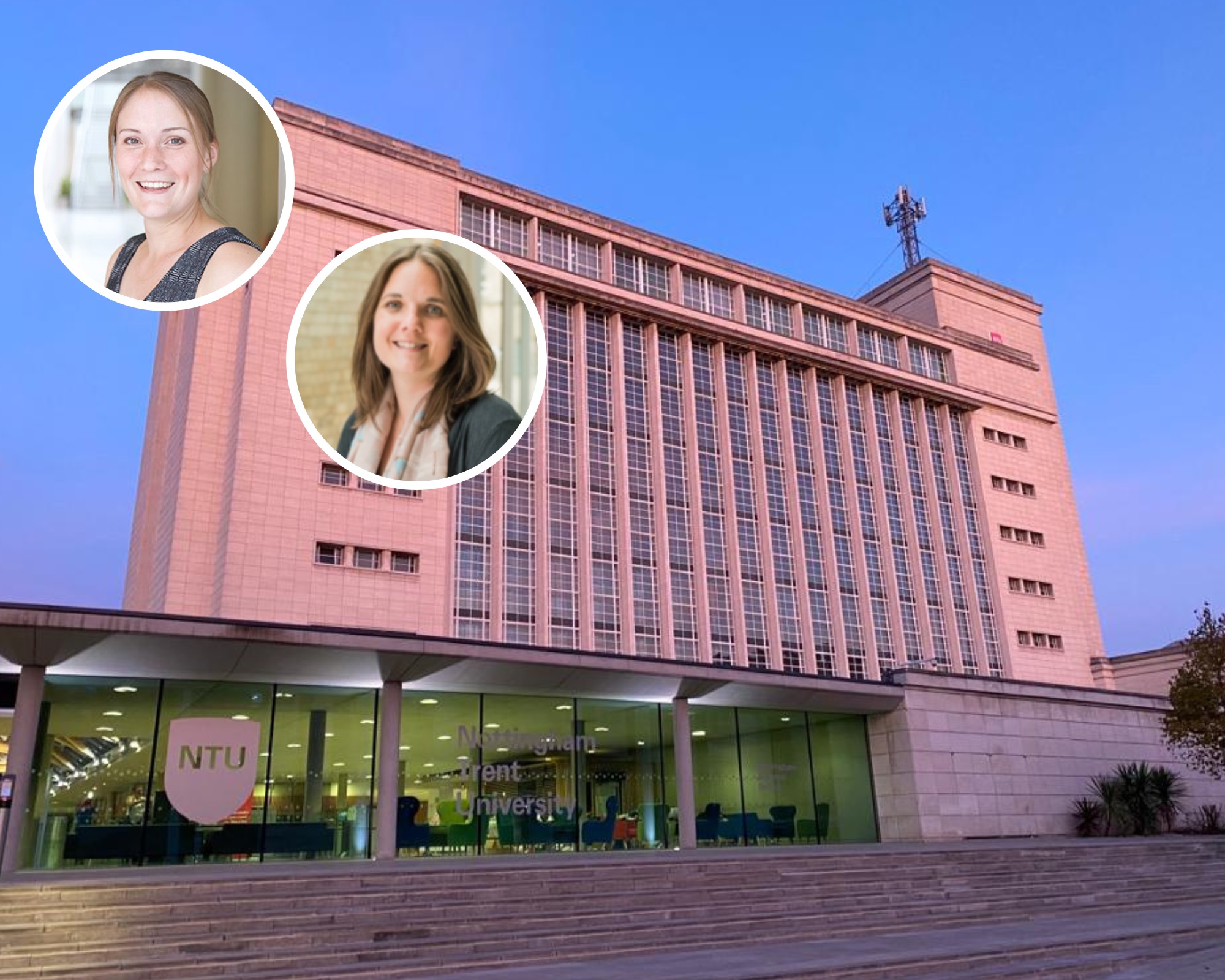Two Nottingham Trent University researchers have joined government departments to work with policymakers on addressing some of the major challenges facing the UK.
The 18-month, part-time roles are part of the Economic and Social Research Council’s (ESRC) pilot policy fellowship programme, co-funded with the Arts and Humanities Research Council (AHRC).
Both are part of UK Research and Innovation.
Rowena Hill, Professor of Disasters and Emergencies at NTU’s School of Social Sciences, will work with the Department for Levelling Up, Housing and Communities on behavioural approaches to climate change.
Professor Hill will run projects focused on climate change to place research and evidence at the heart of policy development.
These will be followed by a knowledge exchange phase to ensure that her work continues after the secondment.
Commenting on her new role, Professor Hill said: “Not only do we get to see policy development in real time and ensure that research and evidence is at the heart of that, but we also get to see the machinery of government and the way that government policy activity is undertaken.
“It’s fascinating.”
Dr Jacqueline Kirk, Associate Professor in Sustainable Business at Nottingham Business School, will join the Department for Business, Energy and Industrial Strategy (BEIS) to advise on how behavioural science approaches could be applied to net zero.
Dr Kirk will work across BEIS teams covering business engagement and green choices to develop cross-cutting research that will directly inform the department’s policy development whilst also supporting external stakeholders in their delivery of net zero.
Dr Kirk said: “The ESRC fellowships are a fantastic opportunity to deliver direct impact into policy development.
“Not only will the fellowship deliver this impact within its duration; the knowledge, skills and networks gained creates an opportunity to continue to create long-lasting connections between academia and government that ensures impact continues into the future.”
Professor Alison Park, Interim Executive Chair of ESRC, added: “The policy fellowships are an important example of how ESRC is supporting researchers and government to develop long-term relationships, helping to embed research, evidence and expertise within government decision making.
“Given our commitment to strengthening relationships between researchers and policymakers, we are particularly encouraged by the high level of engagement with this scheme across the social science research community and central and devolved governments.”
Lead image: Rucsandra Moldoveanu (insets: Nottingham Trent University)

